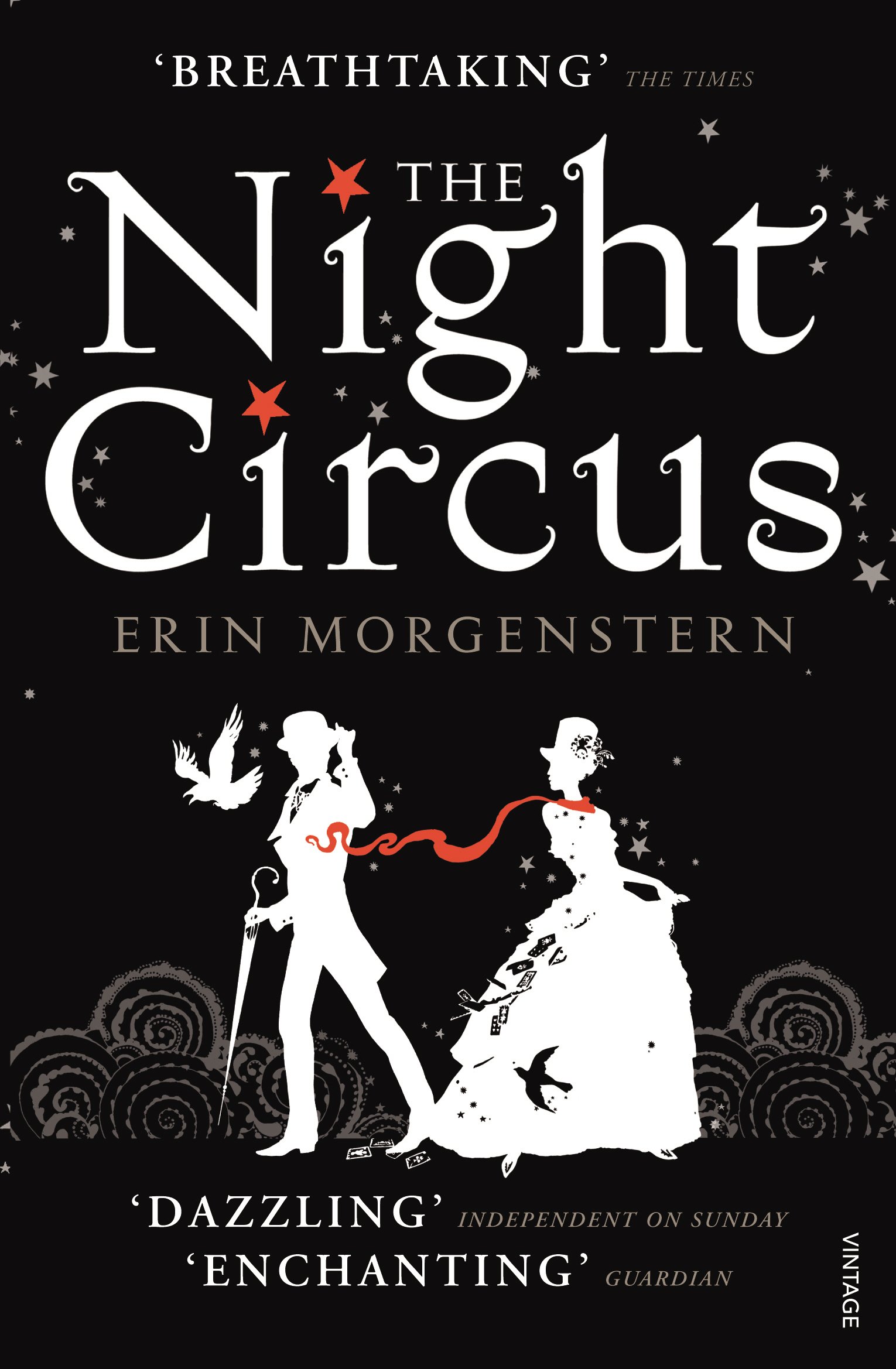
Last year, our small village in Switzerland converted a former telephone booth at the bus stop into a book exchange. It has been a great success. I have dropped off many books and in return have picked up a few gems. One of those was The Night Circus by Erin Morgenstern.
It is a beguiling novel written in beautiful prose. The plot is intricate and becomes ever more intriguing as the chapters pass. It has a 4.6 out of 5 rating on Amazon and equally high scores elsewhere. If you enjoy a bit of the mystical every now and then, I recommend The Night Circus.
I do not intend to do a book review – you can find plenty of them online – and I will not divulge the plot. I do, however, want to take a closer look at an excerpt from The Night Circus that I believe is insightful for public speakers. It is not necessary to give the context other than to say that is a conversation between two of the characters. The subject is storytelling, something about which I have written extensively.
Here is the excerpt:
“What is it that you do with [your] talent? What purpose does it serve?”
Widget consider this before he answers. Beyond the confines of the circus there seems to be little place for such things, though perhaps that is part of the man’s point. “I tell stories,” he says. It is the most truthful answer he has.
“You tell stories?” the man asks, the piquing of his interest almost palpable.
“Stories, tales, bardic chronicles,” Widget says. “Whatever you care to call them. The things we were discussing earlier that are more complicated than they used to be. I take pieces of the past that I see and I combine them into narratives. It’s not that important, and this isn’t why I’m here—”
“It is important,” the man in the grey suit interrupts. “Someone needs to tell those tales. When the battles are fought and won and lost, when the pirates find their treasures and the dragons eat their foes for breakfast with a nice cup of Lapsang souchong, someone needs to tell their bits of overlapping narrative. There’s magic in that. It’s in the listener, and for each and every ear it will be different, and it will affect them in ways they can never predict. From the mundane to the profound. You may tell a tale that takes up residence in someone’s soul, becomes their blood and self and purpose. That tale will move them and drive them and who knows what they might do because of it, because of your words. That is your role, your gift. Your sister may be able to see the future, but you yourself can shape it, boy. Do not forget that.”
For me, the dialogue is enlightening. The man in the grey suit is 100% correct when he talks about the importance of storytelling. Stories have meaning; they help us put things into context and make sense of the world in which we live.
You might not be a pirate, but you have certainly found treasures in the form of experiences, accomplishments and insights. You might not be a knight, but you have certainly slain dragons in the form of challenges, difficulties and setbacks. These are stories that people need to hear.
Even a corporate presentation needs stories to bring facts and messages to life for an audience. Corporate stories have their own treasures and dragons; when you tell those stories, the chances that your audience will remember your message – and be moved to action – are significantly greater.
Look for the stories in your life that you can share with others in your speeches and presentations. As the man in the grey suit says, your stories will move people and drive them, and who knows what they might do because them.
Your stories can shape the future. That is the power of the ripple effect.
That is your role, your gift. Do not forget that.
















4 Replies to “The Night Circus”
Beautiful John. Thank you for sharing.
Another suggestion for me. As someone who loves reading, I find this to be a very good recommendation.
I hope you enjoy it.
Thank you, Tulia.
Comments are closed.